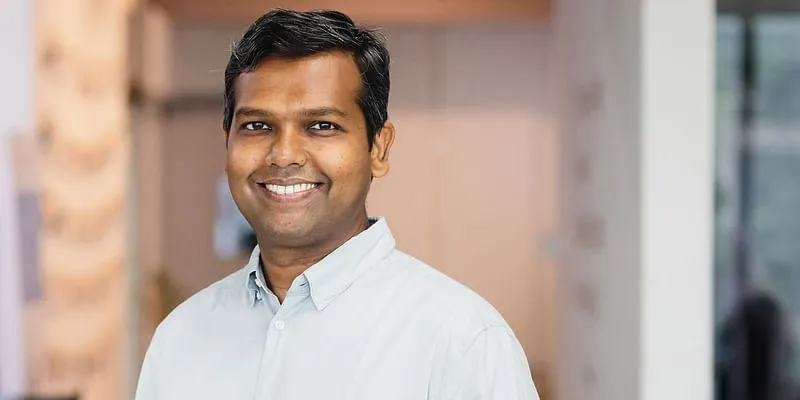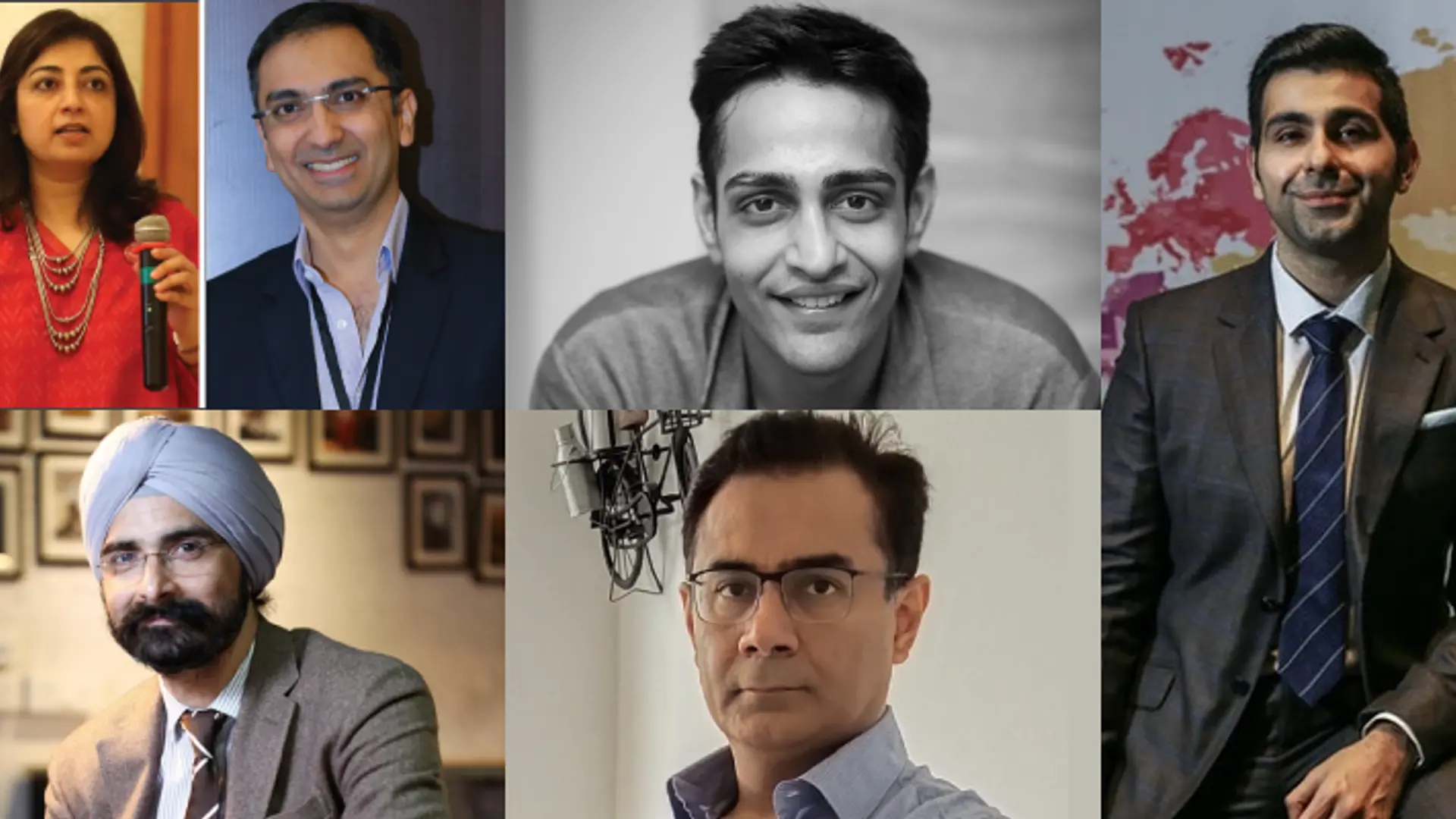Here’s how Haldiram’s and Mad Over Donuts adopted new ways to sell, and other top SMB stories of the week
This week, SMBStory traced the success story of Mad Over Donuts, which survived the COVID-19 pandemic due to its delivery model, and featured Shoptimize, which provides brands with an out-of-the-box D2C ecommerce platform to sell online.
D2C brands Wow Skin Science, , , and took the online approach and reached hundreds of crores in just a few years. This is impressive, considering the presence of popular, established brands competing in the same spaces.
These larger brands are also looking to employ new ways of reaching customers, such as doorstep deliveries or setting up ecommerce stores.
This week, SMBStory featured , which provides these brands with an out-of-the-box D2C ecommerce platform that comprises features to create online stores, integrate payment gateways, generate traction on social media, and manage catalogues and content, and more.
Taking popular brand Haldiram’s into the world of ecommerce was one of Shoptimize’s key milestones. The company set up Haldiram’s entire ecommerce platform so it could directly sell its large catalogue of sweets and savouries to consumers online.
SMBStory also traced the success story of , which survived the COVID-19 pandemic due to its delivery model, which it had introduced in 2016.
Read these stories and more below:
Shoptimize

Mangesh Panditrao, CEO, Shoptimize
Besides Haldiram’s, Pune-based Shoptimize is helping other notable consumer brands like Whirlpool of India and Luminous Power Technologies amplify their online presence.
“It comes with pre-built integrations for a full ecosystem of payment gateways, shipping partners, POS systems, and more,” says Mangesh Panditrao, CEO, Shoptimize, claiming the platform can scale as the brand’s products, visitors, and transactions increase.
Shoptimize is offered as a SaaS platform with a monthly fee based on the chosen plan. In addition to the SaaS fee, the company earns a percentage of revenue for its growth product — a platform that leverages AI to drive growth for brands.
Its proprietary AI engine, Aarya, and real-time data analytics dashboard, Polaris, have helped brands reduce customer acquisition costs by over 50 percent and improve conversion ratios by over 200 percent, Mangesh claims.
Mad Over Donuts

Tarak Bhattacharya, CEO, Mad Over Donuts
Tarak Bhattacharya, CEO, Mad Over Donuts, believes MOD was “saved” because of its delivery model, which it had introduced in 2016. “From April to June, 100 percent of our sales were taking place through the delivery model,” he says.
The company further introduced a delivery model in Bengaluru in June in the midst of the global lockdowns. Tarak says 60 percent of the sales come from the delivery model whereas 40 percent come from the offline model.
MOD recovered almost 75 percent of the business and expects 90 percent recovery by December this year. MOD also collaborated with food chains such as Cafe Coffee Day (CCD) and Rebel Foods during the pandemic.
The idea behind the partnership was to increase the points of sales for the brand as well as visibility.
Tarak says that he is seeing a lot of ‘revenge eating’ nowadays. “People are tired of sitting at home. They have not eaten food from outside for a very long time now. India, as a country, is also very big on community living. Hence, the demand for outside food will see an increase,” he explains.
Other top SMB stories of the week:
Orvi

Sanjeev Aggarwal, Founder, Orvi
Hailing from a typical Marwari business family in Jaipur, it was natural for Sanjeev Aggarwal to run a business after completing education. In 1993, using his savings of Rs 30,000, he started a business exporting stones to different countries procuring material from quarries located in Madhya Pradesh, Rajasthan, and southern parts of India.
He named the company Stone Age Pvt Ltd. But, focusing only on material exports didn’t satiate his entrepreneurial hunger. He wanted to do something different.
In conversation with SMBStory, he says:
“Having grown up in vibrant India and due to my travels around the world, I have had the privilege of experiencing some of history's finest architecture that has, sometimes, been neglected. Seeing first hand, the details, precision, and beauty that craftsmen have created within these spaces for centuries, inspired me to do something into this space.”
In 2014, Sanjeev started Surfaces for creating innovative surfaces, with a fine blend of craftsmanship and technology. Today, Orvi Surfaces works with more than 60 in-house artisans and uses varied traditional craft techniques from across the world.
Edited by Teja Lele







